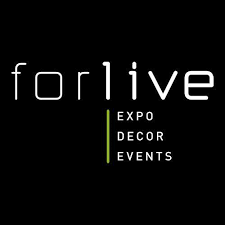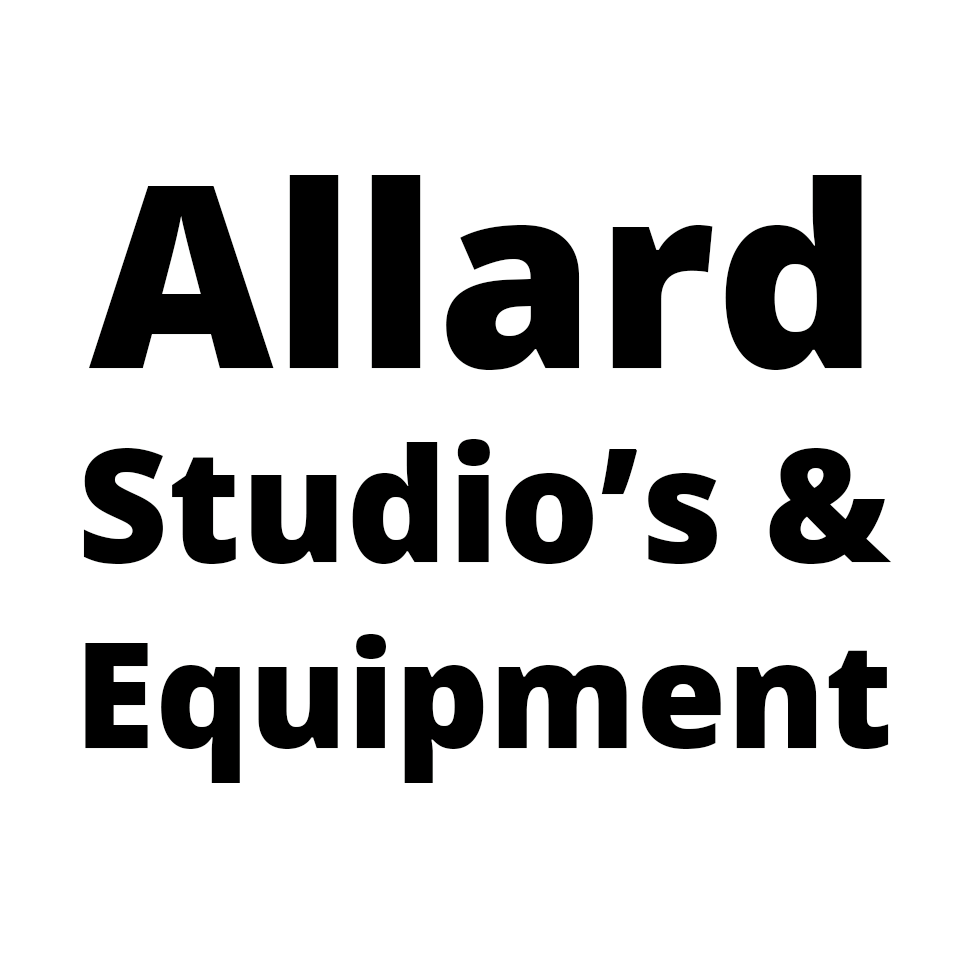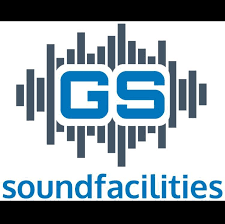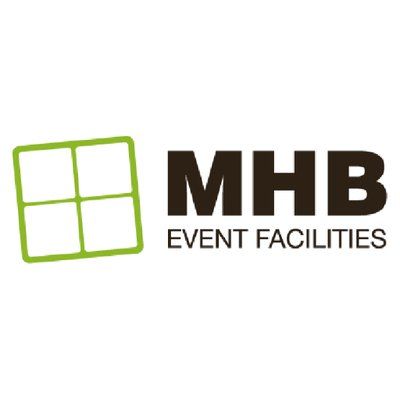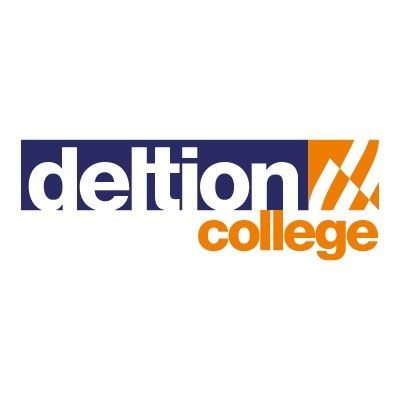About safety
Safety is paramount, even within your organization. We all know that.
But is it possible to organize all of this?
Whether you run a theater, stage, event venue, rental company, or production company, ensuring safety is essential. Recording the safety of you and your employees is the number one priority these days, but it can be challenging. We're happy to help.
01
The long and well-researched answer:
In the Netherlands, employers are required to ensure safe and healthy working conditions. This obligation is laid down in the Working Conditions Act (Arbowet) and further elaborated in the Working Conditions Decree (Arbobesluit). This decree includes requirements for the use, maintenance, and inspection of work equipment and machinery.
An important article in this regard is Article 7.4a of the Working Conditions Decree. This article stipulates that work equipment must be inspected by a qualified person or organization. The inspection must ensure that the work equipment can be used safely and that potential risks to employees are limited.
Because many work equipment wears out or can malfunction over time, it's essential that they are inspected regularly. The law doesn't specify exactly how often this must be done, but refers to recognized standards and guidelines, such as the NEN standards, which determine the practical implementation. The Dutch Labour Inspectorate monitors whether companies comply with this obligation and can take enforcement action or impose fines in the event of violations.
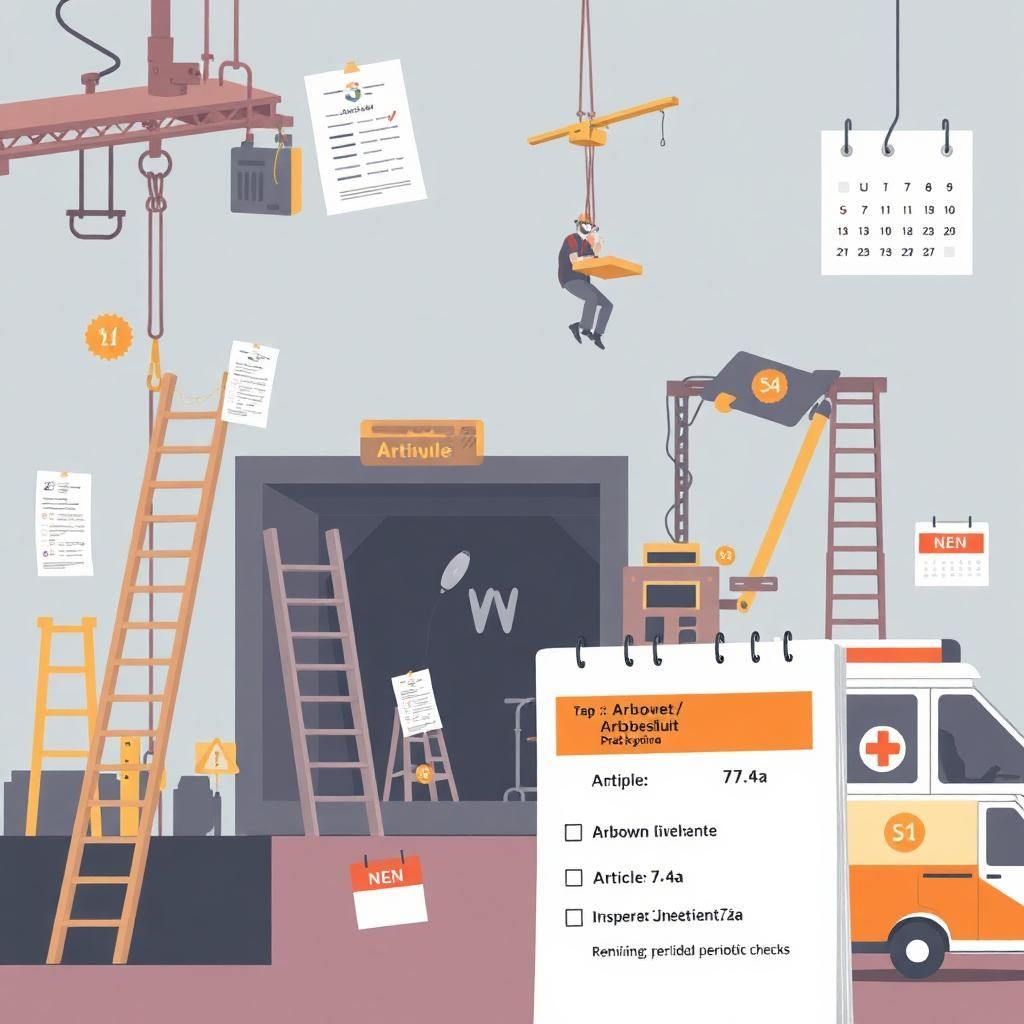
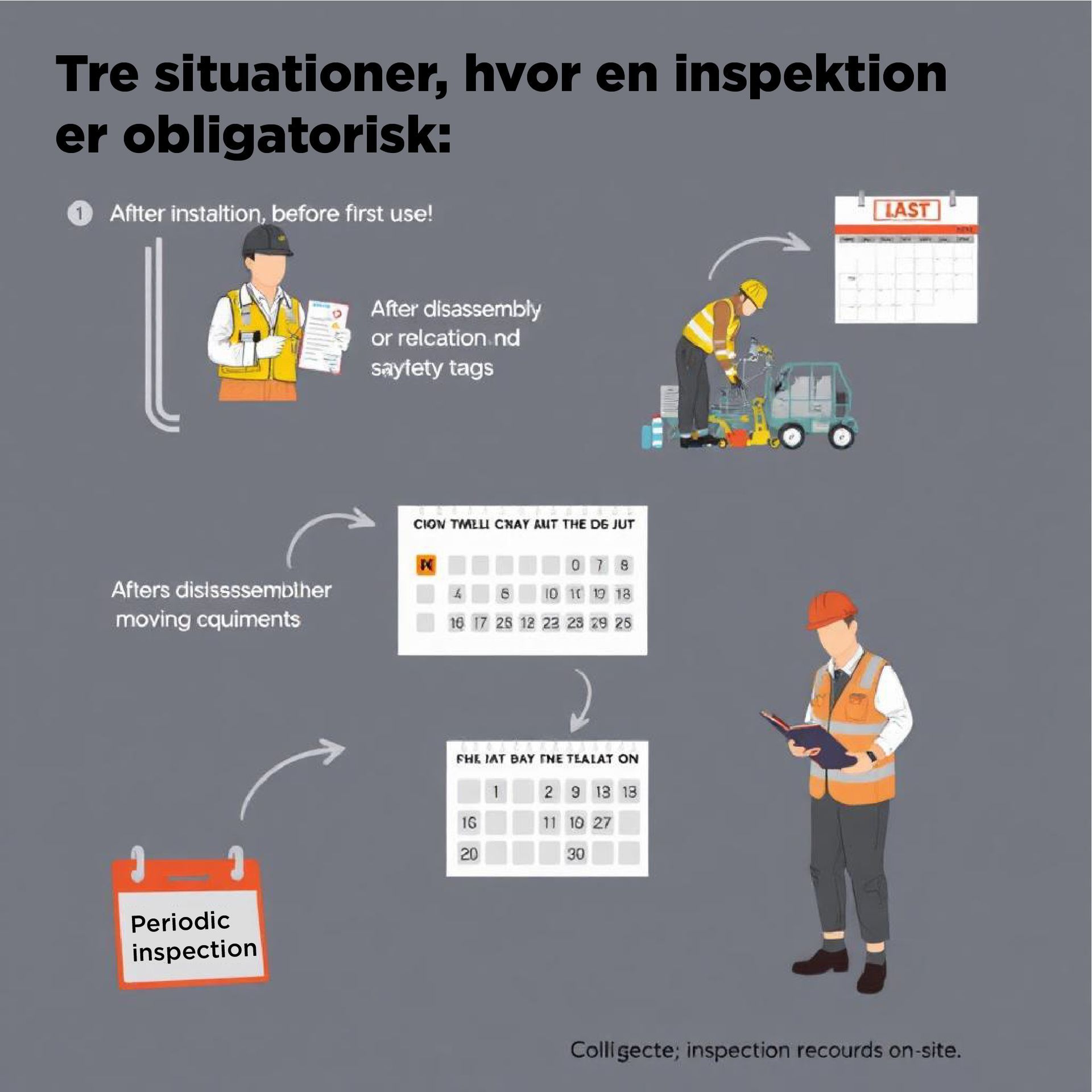
02
Article 7.4a Working Conditions Decree: inspection times
The Working Conditions Decree describes three situations in which an inspection is mandatory:
1. After installation, before first use
Whenever a piece of equipment is installed or placed in a new location, it must first be checked to ensure it is set up correctly and functioning safely.
2. After disassembly or relocation
If a piece of equipment has been dismantled or moved to a different location, it must be inspected again to ensure it can still be used safely.
3. Periodic inspection
Equipment must also be inspected at regular intervals, depending on its duration of use, load, and wear and tear. The employer determines the frequency, but annual inspections are common in many sectors.
In addition, the sixth paragraph of Article 7.4a states that evidence of the inspections must be present at the workplace, so that it can be demonstrated during inspections that the inspection has actually been carried out.
03
5 reasons to approve
The statutory inspection requirement isn't just intended to comply with regulations; it also has a clear safety objective. There are several reasons why this requirement was created.
1. Preventing accidents and injuries
Machines and installations wear out. Without regular monitoring, defects can arise, leading to dangerous situations such as short circuits, breakages, or fall hazards. These risks are mitigated by timely inspections.
2. Employer's responsibility
Employers are legally responsible for the safety of their employees. A properly conducted inspection helps demonstrate compliance with this duty of care and limits liability in the event of an incident.
3. Objective control and evidence
The inspection reports and inspection stickers serve as proof that the equipment has been found to be safe. This is important for supervision, insurance, and internal audits.
4. Maintenance and lifespan
Inspections not only help with safety but also with maintenance. They provide insight into wear and tear and help companies prevent malfunctions and extend the lifespan of equipment.
5. Use of standards as a practical guideline
Because the law doesn't prescribe everything in detail, reference is made to technical standards such as NEN 3140 for electrical equipment or NEN 8020-20 for temporary installations at events. These standards provide concrete guidance for meeting legal requirements.
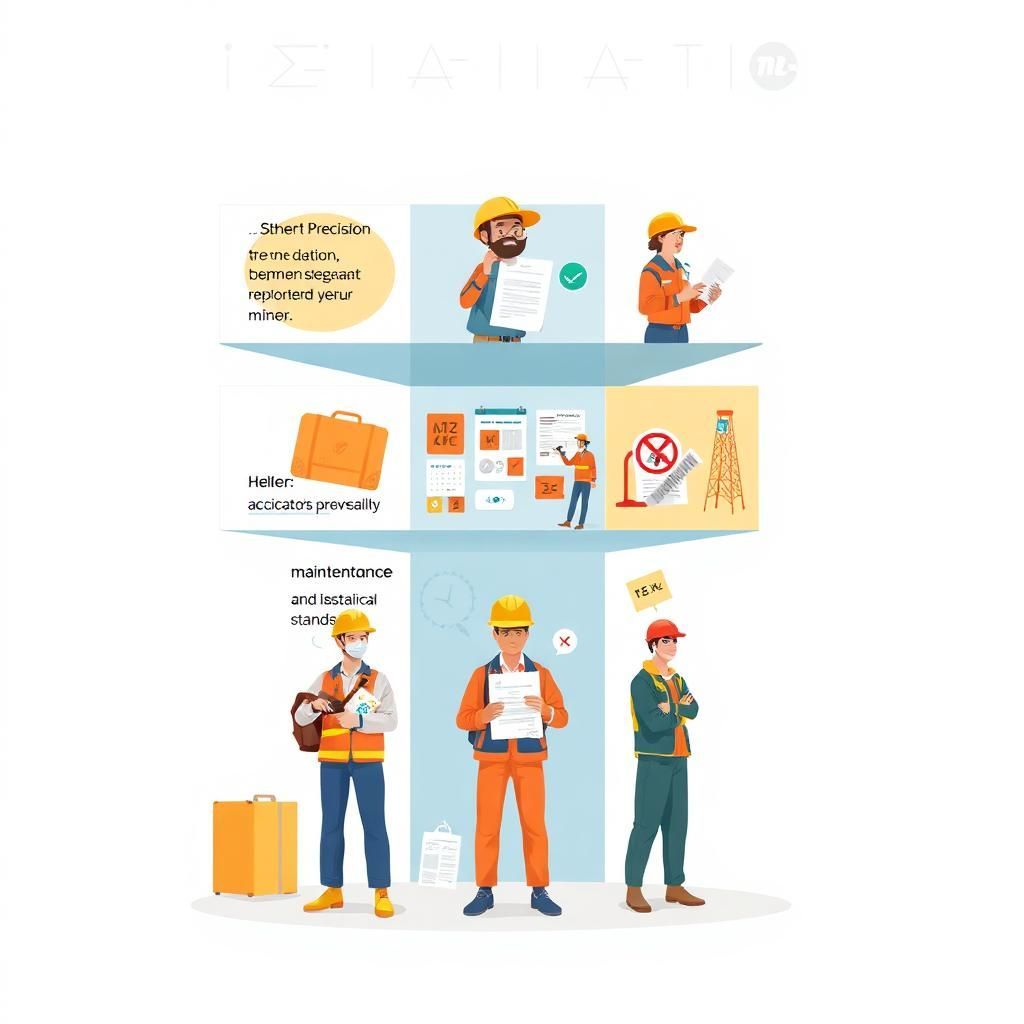
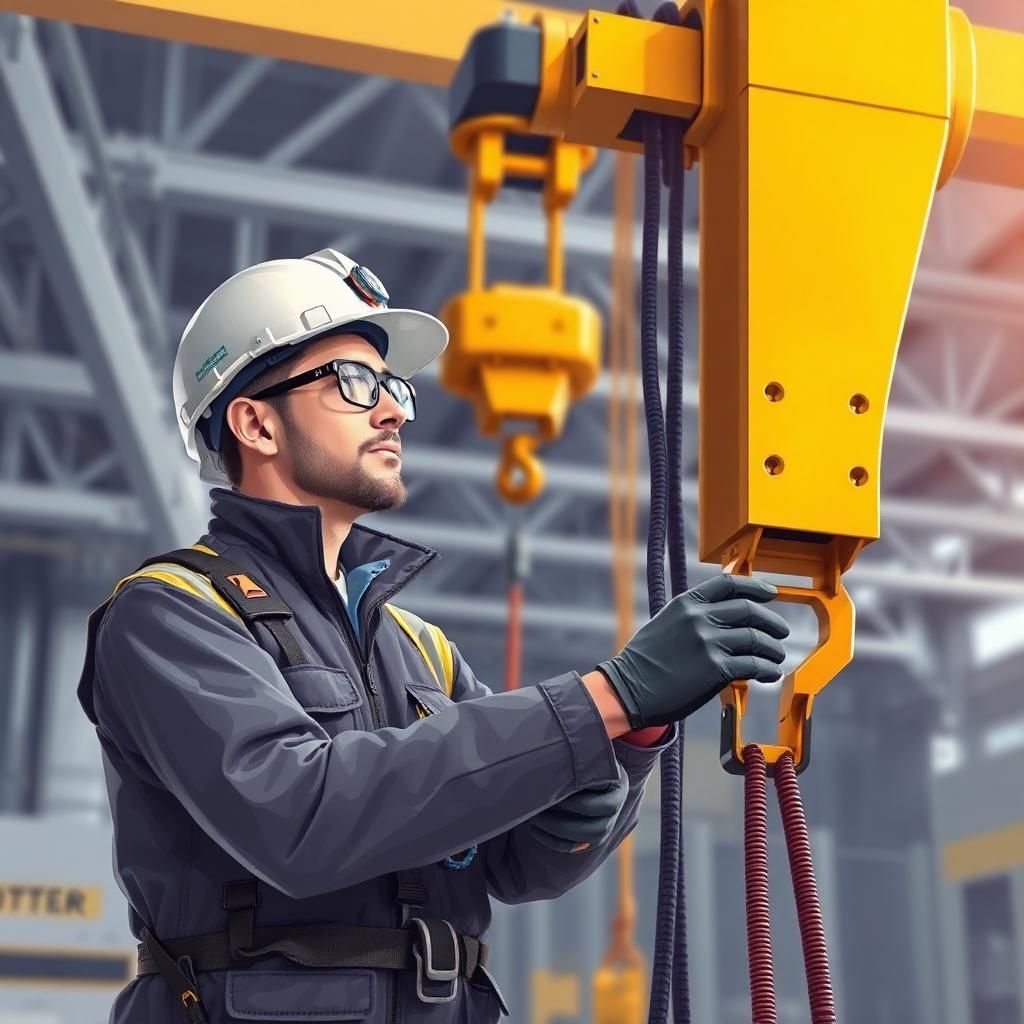
04
The role of the independent inspection body
An employer can choose to have the inspections conducted internally or externally. However, it's often wiser to choose an independent inspection agency. This choice offers several clear advantages:
- Independence and objectivity
An external inspection body has no interest in the outcome of the inspection and can therefore make an unbiased assessment.
- Expertise and specialization
Independent inspection companies have specific knowledge, measuring equipment and experience that is not always available within an organization.
- Integrity and reliability
By having inspections carried out outside the organisation, conflicts of interest are prevented and the assessment remains transparent.
For some work equipment, such as hoisting and lifting equipment, pressure vessels and lifts, it is even mandatory to have the inspection carried out by a designated or accredited inspection body.
In addition, a recognized inspection body always provides an official report with findings, measurements, and a clear assessment (approved or rejected). This simplifies follow-up and documentation.
05
Practical recommendations
To comply with the inspection requirement, organizations can take the following steps:
- Identify which work equipment poses an increased risk.
- Determine the inspection frequency based on usage and environmental factors.
- Choose an expert inspector or independent inspection body.
- Carefully record inspection results in reports and on stickers.
- Ensure that defects or rejections are followed up immediately.
- Take into account checks by the Labour Inspectorate and insurers.
Conclusie
Technical inspections and tests are a legally mandated and necessary measure to ensure occupational safety. They help mitigate risks, prevent liability, and ensure that machinery and installations are demonstrably safe. Independent inspection bodies play a crucial role in this. Their expertise, objectivity, and accuracy make them a vital link between regulations and practice. Those who opt for structured, well-documented inspections not only comply with the law but also invest in the safety of people and the continuity of their organization. Interested in discussing this with one of our advisors?
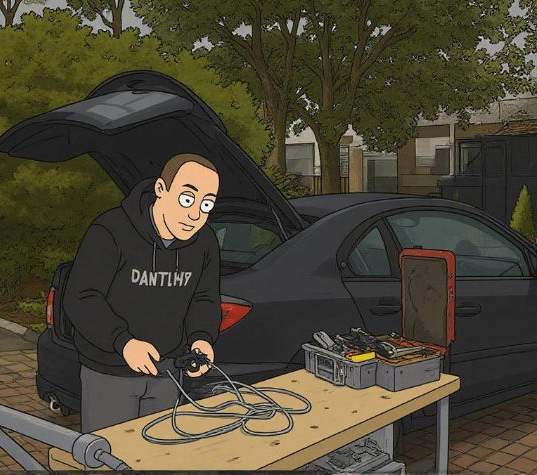
Safety through Certainty
Our experienced inspectors and planners are well-versed in the specific requirements and materials of the industry and take into account variations in working hours and materials.
Choose Safety through Certainty, Choose Bwefar Keur BV
Contact us today for a customized quote and discover how we can support and relieve your organization's safety concerns!
Our customers
We specifically inspect technical materials used in stage and event technology.
Our clients include theaters, rental companies for lighting, sound, and rigging, various studios, schools with event technology, event venues, etc.
Below are some examples.
35 years of experience in the stage and event industry.
Bwefar® is an established name in the sector. Projects worldwide have been carried out by Bwefar Rental BV. Since 2007, it has been VCA** certified, meeting the highest safety standards. All Bwefar Rental materials have been periodically inspected and tested. This expertise has been incorporated into Bwefar Keur BV.
All technical inspections at once
No need for 3, 4, or 5 inspectors on your premises; all inspections are handled by a single party, in a single database, and with a single point of contact. How easy could it be? Hoisting and lifting equipment, loaders and ladders, personal protective equipment, power distribution boxes and cabling, and all other electrical materials and tools.
Repairs, if possible, directly on site
We strive to carry out all repairs on-site. This can also save a significant amount of time, money, and transport. Since we're still a young company, we need to build a robust database and parts inventory to ensure we can act increasingly quickly.
Direct light minor maintenance on hoisting and lifting equipment such as lubricating chains and steel cables.
If desired, we offer direct service and minor maintenance on materials and tools. We're already there, have the equipment in hand, and can handle basic maintenance for a small fee. You'll hardly ever have to worry about maintenance intervals again.
Everything clearly presented in a digital platform with customer login
All materials and tools we inspect are entered into our database. Clear, well-organized, and of course, with a dedicated login for each customer. Always have access if you need to see or check something. Clear and transparent.
Proactive planning
We track the expiration of inspections and return to the customer's site approximately two months before the due date. We schedule new inspection dates and ensure you don't have to worry about a thing. All you have to worry about is having the materials and tools ready for us. We'll take care of the rest. Even a cookie with your coffee.





